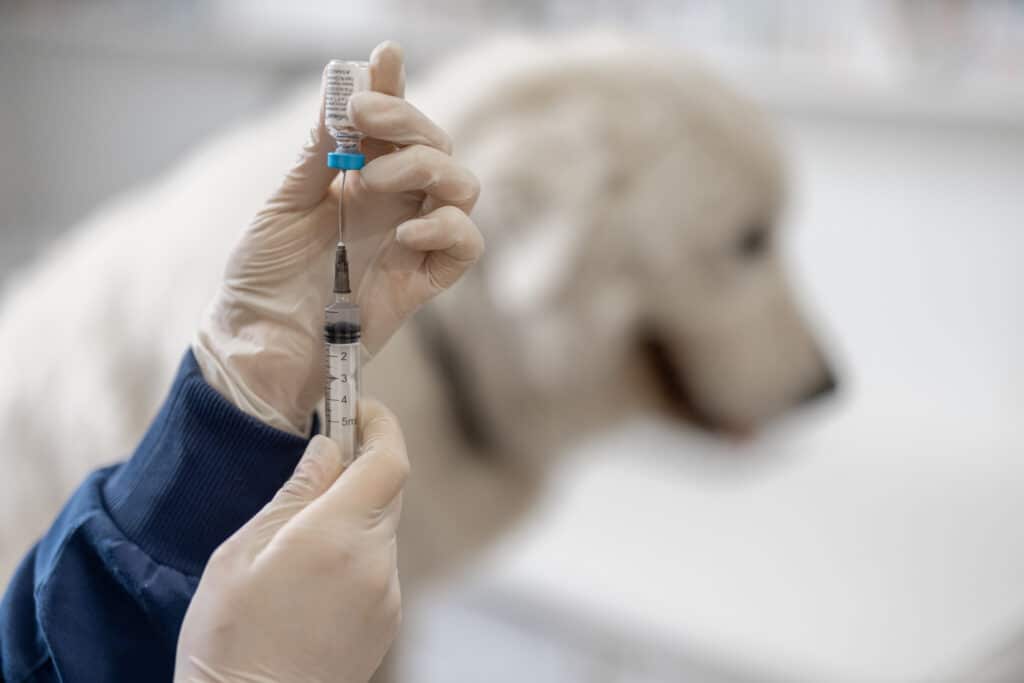More US Dog Owners Now Suspicious Of Routine Vaccines, Including The Rabies Vaccine
A new study published in the medical journal Vaccine found that more than 50% of dog owners in the US are becoming more skeptical of canine vaccines.
The study, published on Saturday, August 26, conducted a survey on 2,200 people regarding their opinion on routine canine vaccines, specifically rabies vaccines.
Surprisingly, 53% of the participants experience something that the researchers called Canine Vaccine Hesitancy (CVH), which they described as “dog owners’ skepticism about the safety and efficacy of administering routine vaccinations to their dogs.”
These participants believe that canine vaccines are either unsafe, ineffective, and/or unnecessary.
Additionally, 37% were concerned that canine vaccines could cause autism in their dogs, a theory that isn’t backed up by any scientific evidence.
Talking to the USA Today, the researchers, brother-sister duo Matt and Gabrielle Motta and Dominik Stecula said they were pretty surprised themselves.
Matt Motta, a political scientist and researcher at Boston University’s School of Public Health, told USA Today, “The sheer volume of people who hold these opinions was quite striking…that, to me, is pretty alarming.”
Motta also said, “I believe the COVID-19 vaccine has fundamentally changed the way that Americans view vaccination in general.”
“I think alarmingly that could be spilling over to shape how people feel about attitude toward vaccinating their pets and frankly, who knows what else? You know, it could go even further.”

Meanwhile, Gabriella Motta, a board-certified veterinarian, believes that the hesitancy to vaccinate comes from pet owners’ love for their dogs and the lack of experience with the illnesses these vaccines protect against.
Talking to USA Today, Motta said, “I think when owners are questioning the vaccine, they’re coming from a place where they truly care about their dogs and they don’t want their dogs to be a guinea pig or, you know, get something that they don’t need, that could potentially cause a side effect.”
However, she pointed out the importance of keeping the majority of a population vaccinated, “We don’t experience what other countries do where rabies is a legitimate fear that people have,” she continued.
The researchers of the study called CVH ‘problematic’ and explained, “CVH is problematic not only because it may inspire vaccine refusal – which may in turn facilitate infectious disease spread in both canine and human populations – but because it may contribute to veterinary care provider mental/physical health risks.”
The study showed that a sustained vaccination of at least 70% of dogs can nearly eliminate human rabies cases, especially in high-risk regions.
However, the researchers warned that with the prevalence of CVH, the vaccination rates could eventually drop below 70%.
“Troublingly, we find that CVH is associated with rabies non-vaccination, as well as opposition to evidence-based vaccine policies,” they continued.
According to the World Health Organization, dogs are responsible for 99% of human rabies deaths globally, making them the main carriers and transmitters of this viral disease.




